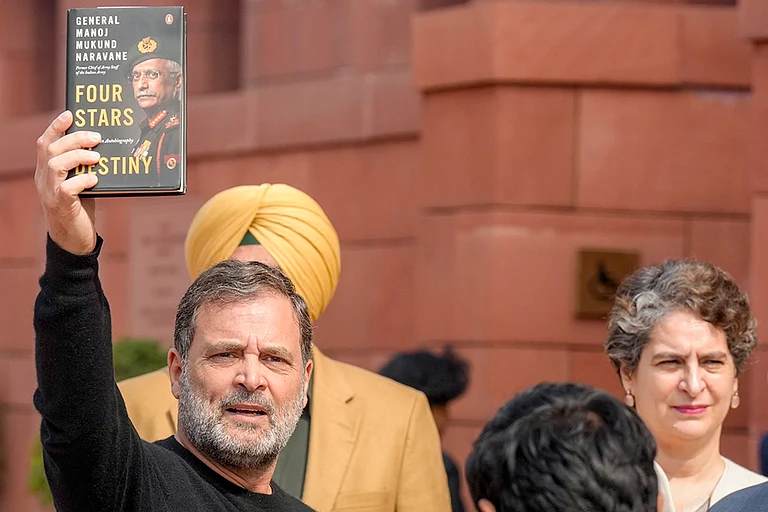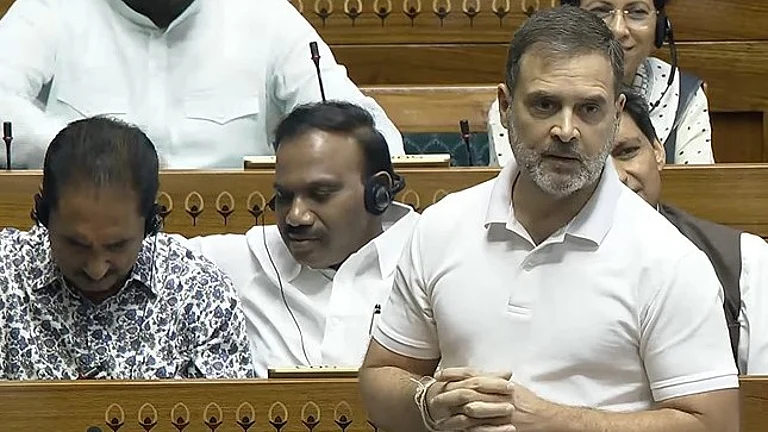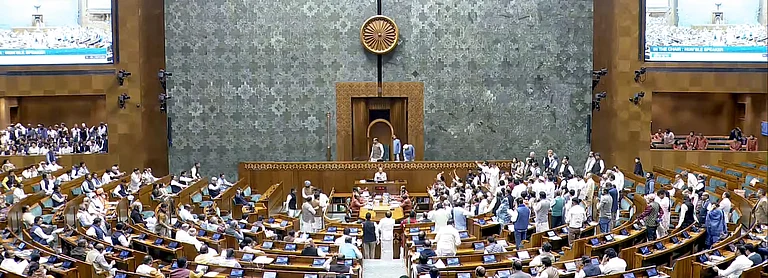As soon as the general elections were completed in the country to elect the 18th Lok Sabha, it was clear that the BJP-led NDA would form government at the centre, albeit with lesser numbers than previous terms. In the last ten years, BJP has been in the headlines due to many of its policies, whether the Citizenship Amendment Act, GST, or the abrogation of Article 370 from Jammu and Kashmir.
Immediately after the formation of the government and the formation of the cabinet, the government decided that some points of the Telecommunication Act 2023 would now be implemented immediately. The government in its gazette dated June 21, 2024, stated that "In exercise of the powers conferred by sub-section (3) of section 1 of the Telecommunications Act, 2023 (44 of 2023), the Central Government hereby appoints the 26th Day of June 2024, as the date on which the provisions of sections 1, 2, 10 to 30, 42 to 44, 46, 47, 50 to 58, 61 and 62 of the said Act shall come into force."
Apart from the Telecommunication Act, there are many such bills on which the government can take decisive decisions in the upcoming parliamentary sessions.
Broadcasting Services (Regulation) Bill
The Broadcasting Services (Regulation) Bill is unlikely to be introduced in the inaugural session of the new Parliament, scheduled for later this month. However, many political experts are speculating that this bill will be introduced very soon. According to The Hindu, the Ministry of Information and Broadcasting (MIB) is keen to resolve several issues such as regulation of streaming firms and pre-certification of content, which have been creating hurdles for the industry and civil society.
The consultation process for the bill is still ongoing, with the industry submitting its third round of comments on the draft bill on June 14. Just before the announcement of election results, the ministry held a meeting with industry stakeholders, which flagged several thorny issues as hurdles.
These issues include integrating streaming companies with broadcast, pre-certification of content, and each broadcaster setting up its own internal content evaluation committee (CEC). Price regulation through the Telecom Regulatory Authority of India (TRAI) is also a major hurdle.
In November last year, the MIB released the first draft of the Broadcasting Bill for the public. Since then, the consultation process has been pushed back and the iterated draft as well as comments from industry and civil society have not been released to the public.
Amendments to IT Rules 2021
Since the beginning of this year, it is being speculated that the government will soon amend the Information Technology (Intermediary Guidelines and Digital Media Ethics Code) Rules, 2021. These amendments will relate to deepfakes, algorithmic bias on technology platforms, and advertising of instant loan mobile applications on intermediary platforms.
In January this year, the then Union Minister of State for Information Technology Rajeev Chandrasekhar said that an advisory was issued on deepfakes and it will be implemented through IT rules. The revised rules will address the issues of misinformation and deepfakes and include measures to prevent algorithmic bias.
He informed that it will be the responsibility of the platforms not to use any biased algorithms. With regard to loan apps, the use and advertising of these apps will be covered in the revised IT rules.
Rules under the Industrial Relations Code, 2020
In April this year, the long-pending labour codes were back in the news and the labour ministry was making preparations to take them forward if the new government wants. And as power is once again in the hands of Narendra Modi-led NDA, it is now expected that these rules will be implemented soon.
The government has consolidated 29 central labour laws into four codes to ease doing business and align labour laws with the new economic landscape: the Wage Code, 2019, the Industrial Relations Code, 2020, the Social Security Code, 2020, and the Occupational Safety, Health and Working Conditions Code, 2020. Though these have been passed by Parliament, they can be notified only after the consent of the states.
Amendments to the Consumer Protection (E-Commerce) Rules, 2020
The Union Ministry of Commerce and Industry may release the e-commerce rules and policy in the next two weeks or after the Parliament session. The e-commerce policy is likely to have provisions for Open Network for Digital Commerce (ONDC), which will democratize e-commerce in India. This could be a threat to food-delivery platforms like Swiggy and Zomato.
According to Union Minister, Piyush Goyal, the policy will be linked with amendments to the Consumer Protection (E-Commerce) Rules, 2020, which address complaints against unfair trade practices. In particular, these rules seek to crack down on 'flash sales'. The final consultation had the presence of Amazon, Flipkart, and other e-commerce giants
CAIT stressed the need for democracy in e-commerce and said consumers are being held hostage by foreign-funded e-commerce companies. It demanded the formation of a regulatory authority and said consumer interest should be paramount.



























